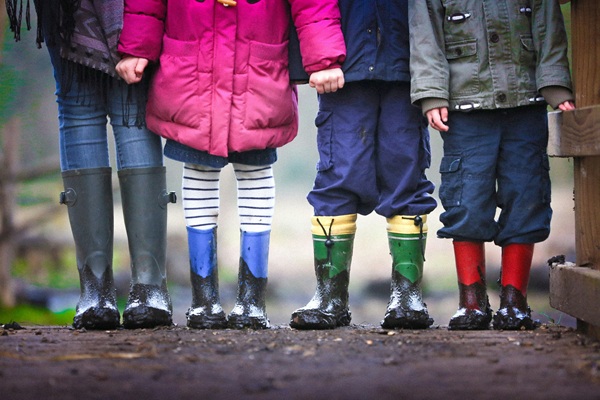Special educational needs – a careful balance between targeted support and inclusion

The education of pupils with SEN should be based on the principles of inclusion and personalised learning approaches, aiming to provide suitable education programmes and support for children with different kinds of educational needs.
Traditionally, SEN referred to learners with identifiable disabilities, often resulting in categorisations rooted in medical or psychological assessments. However, despite the existence of certain practices that are still influenced by stereotypes and labels, this concept has evolved to recognise that a more complex and inclusive understanding of additional learning needs is fundamental for building supportive learning environments. Today, the concept of SEN may include pupils with very diverse needs, considering that, at any given moment in time, all learners may display some additional needs that have to be catered for. The key point here is to recognise that these needs may be temporary, so categorising learners in this way should not be permanent and definitive.
The inclusion of a diversity of learners remains a challenge in many EU countries. In this context, SEN pupils should be approached without restrictive labels as these can reinforce low expectations and stigmatisation, which often results in self-fulfilling prophecies. Instead, a holistic and inclusive framework that emphasises the adaptability of education systems and institutions, respects diversity and focuses on each pupil’s unique strengths is recommended.
While it is crucial to avoid stereotypes and labelling, identifying pupils’ learning needs remains relevant to ensure that each individual receives the tailored support required for their development and success at a particular moment in time.
Historically – and in some countries this remains the case today – pupils who identified as having special educational needs are educated within a medical model framework, which views special needs as conditions requiring specialised intervention, often outside mainstream education. This model has led to the establishment of separate schools or specialised classrooms where students with SEN are taught in segregated settings.
Oftentimes, in these settings SEN pupils can receive tailored support from specialised professionals equipped to meet their specific needs, which can be particularly beneficial for certain pupils (e.g. those with severe disabilities). These specialised environments offer dedicated resources and expertise that can be more challenging to replicate within general education settings. However, for many pupils with SEN, attending regular classes while simultaneously receiving targeted support for their diverse needs is the most recommended approach.
Striking the right balance between identifying special educational needs and providing targeted support can be challenging. While recognising these needs is essential, it is equally important to ensure that this information is applied effectively to guide and tailor support measures, rather than segregate and stigmatise. Below, you can find a series of inspiring resources that illustrate how pupils with SEN can be better supported.
- School counsellors play an important role in all lower and upper secondary schools in the Czech Republic. School counsellors are tasked specifically with identifying pupils whose development and education may require special attention, and with preparing proposals for further care of these pupils. Moreover, they are tasked with creating conditions for the integration of students with disabilities in the school.
- Workshop for educators: Our school – aware of prejudice and fit for diversity! Avoiding prejudice and stereotypes is key when teachers and school staff identify pupils with potential learning needs. Training is essential to ensure that they have the necessary means for a successful and non-stereotyped identification of additional learning needs. This workshop helps teachers better identify pupil needs, sensitises them to the diversity of the school and promotes a more sensitive handling of differences.
- Dannewerkschule Schleswig is a lower secondary school in Germany where a quarter of the pupils have a migrant background and learn German as a second language. While the school recognises that students with a migrant background may have additional learning needs, all students are integrated into the regular school, where different and adapted teaching tools are used to support them. In order to enhance its capacity to deal with diverse learning needs, the school uses inclusive pedagogies and collaborates with other institutions which are specialised in pupils with special needs.
Additional information
-
Education type:School Education
-
Target audience:TeacherStudent TeacherHead Teacher / PrincipalPedagogical AdviserSchool PsychologistTeacher EducatorResearcher
-
Target audience ISCED:Primary education (ISCED 1)Lower secondary education (ISCED 2)

